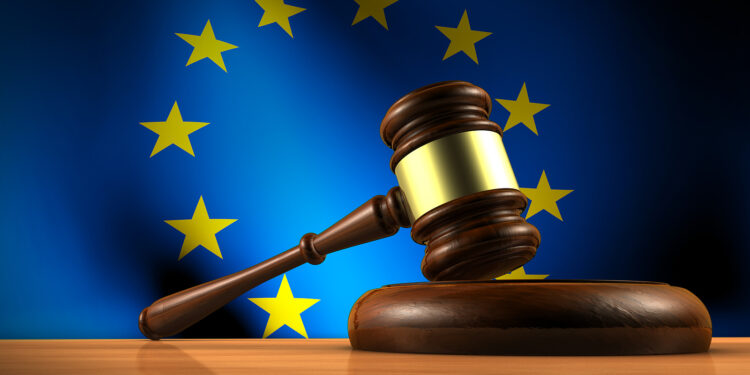Apple, one of the world's leading technology companies, recently announced major changes that will impact the way iPhone users in the European Union (EU) use their devices. These changes are part of Apple's efforts to comply with the EU's Digital Markets Act (DMA) regulations. In this article, we will take a closer look at the upcoming changes and discuss their impact on users in the EU.
The technology industry is constantly evolving, and large companies like Apple are faced with the challenge of adapting to changing regulatory requirements in order to continue to offer top-notch products and services. The EU's DMA aims to promote competition in the digital market and provide consumers with more choice. Apple is responding to these regulations with a series of changes to be implemented in iOS 17.4 and iPadOS 17.4.
Alternative app stores and fee structure
One of the most notable changes concerns the ability of app developers in the EU to offer alternative app stores. Apple has introduced a new fee structure that allows developers to set up their own app markets as long as they meet certain customer experience and security criteria. This means that users in the EU will soon have a wider choice of app stores.
Alternative payment options
Another important change concerns payment options in apps. Apple now allows the use of alternative payment methods, which means developers are no longer forced to use in-app purchases. This gives users more flexibility and could lead to competitive advantages for alternative payment services.
App Store Authentication and Restrictions
Apps distributed through alternative app stores in the EU must follow a notarization process similar to that for Mac apps. However, there are also limitations, such as limited functionality of apps regarding screen time, refunds and in-app purchases when installed through alternative stores.
NFC access for third-party providers
Apple is opening up NFC payments to third parties, allowing banks and payment services to offer their own tap-to-pay solutions on Apple devices in the European Economic Area. This could enhance the payment experience for users.
standard browser options
Users in the EU can now choose from a list of the most downloaded browsers on iOS devices, allowing for greater variety and choice in internet usage.
Access for hardware and software developers
Apple will give developers of iOS apps distributed in the EU the ability to request additional interoperability with iPhone hardware and software. This could encourage innovative developments in app development.
Extended availability of analyses
Apple will provide developers worldwide with updated analytics data to better understand and optimize app performance.
Conclusion
The upcoming changes in iOS 17.4 and iPadOS 17.4 will undoubtedly affect the way users in the EU use their Apple devices. Apple's efforts to comply with the EU's DMA regulations bring more variety and choice to the digital market. But they also come with risks. While these changes are limited to the EU for now, they could be implemented elsewhere in the future if similar laws are passed in other countries. Technology companies must implement the EU's DMA regulations by March 6, 2024. iOS 17.4 is currently available as a beta update and is expected to be officially released on March 5 or 6. Looking for new accessories? Then take a look in our Amazon Storefront - there you will find numerous products from leading suppliers, also for HomeKit and Co.! (Photo by NiroDesign / Bigstockphoto)





